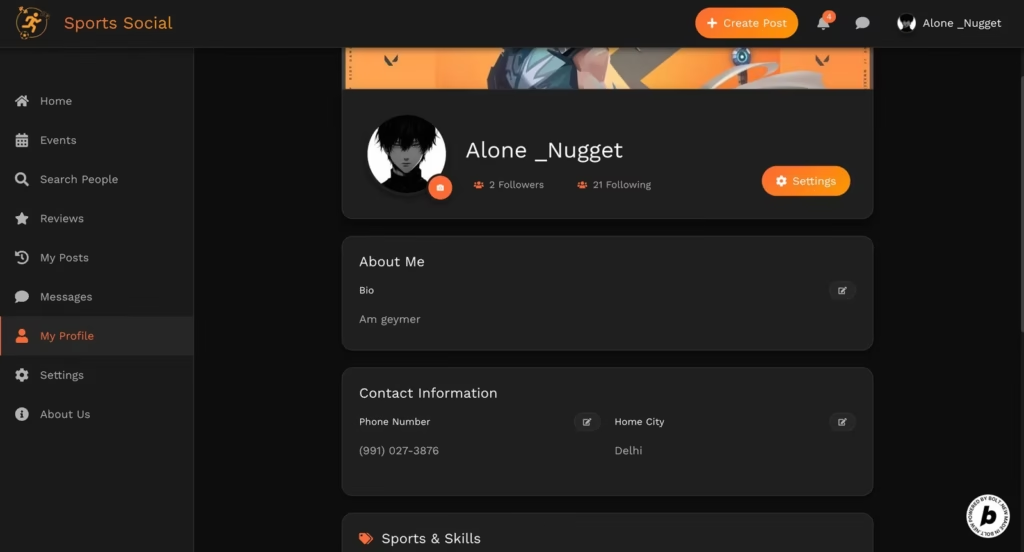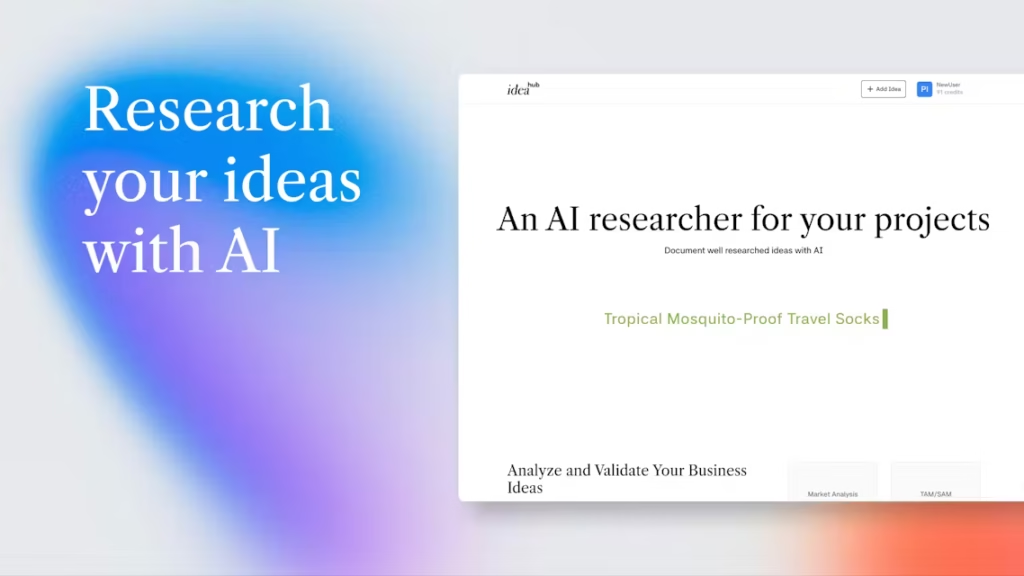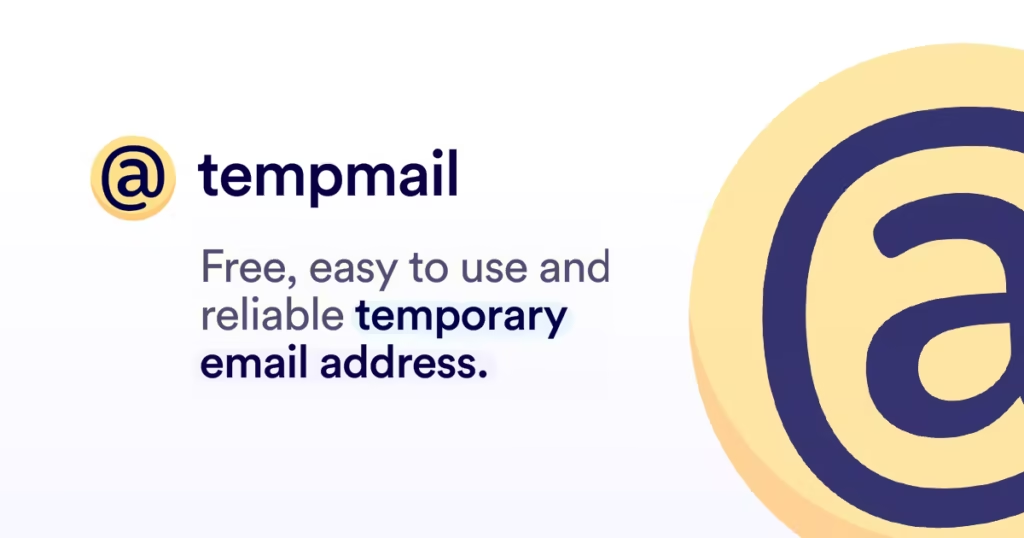xmcp is a TypeScript-native framework designed specifically for building and deploying Multi-Component Platform (MCP) applications.
Its primary focus is on improving developer experience through streamlined workflows and DX-oriented APIs.
As a framework targeting a specialized architecture niche, xmcp’s appeal lies in its ability to simplify complex MCP development tasks while leveraging the modern TypeScript ecosystem. Explore the official repository to see real-world examples and ongoing development.
Key Features Analysis
Strong Typing & Editor Support
Being TypeScript-native, xmcp offers strong typing validation that catches errors at build time rather than runtime. This feature significantly improves code reliability and maintainability.
The framework’s tight integration with the TypeScript ecosystem allows for advanced editor features like intelligent code completion, refactoring tools, and real-time syntax validation.
Development Experience Optimization
xmcp’s API design focuses on reducing boilerplate and manual configuration. Features like automated dependency management and simplified deployment workflows help developers focus on application logic rather than infrastructure details.
The framework’s starter templates and example projects facilitate rapid onboarding for new developers.
Streamlined Build & Deployment
The framework’s build system is optimized for MCP applications, with reduced steps and complexity compared to traditional multi-component setups. xmcp handles environment-specific configuration automatically, allowing developers to deploy applications across different platforms with minimal adjustments.
Learn more about xmcp’s core capabilities in the official documentation.
User Feedback Summary
Positive Feedback
- Ease of Use: Users frequently highlight xmcp’s simplified development workflows and clear architectural patterns in GitHub discussions.
- Onboarding Experience: Starter templates and example projects are praised for enabling quick project setup.
- Open Source Engagement: The active GitHub repository encourages community contributions and transparency in development.
Limitations & Challenges
- Niche Focus: Some developers report difficulties adapting xmcp to non-MCP projects due to its specialized design.
- Ecosystem Maturity: As a relatively new framework, xmcp has fewer third-party integrations and production deployments compared to established alternatives.
For more community insights, visit the xmcp GitHub discussions.
Performance Analysis
Reliability
xmcp’s strong typing and automated dependency management contribute to higher code reliability. However, its real-world reliability in large-scale production environments remains to be fully tested as the framework matures.
Speed
The streamlined build and deployment workflows contribute to faster development cycles. However, actual application performance depends on implementation patterns and underlying MCP architecture.
Usability
xmcp excels in DX-oriented usability through simplified APIs and development workflows. The learning curve for new TypeScript developers may be slightly steeper due to the framework’s specialized MCP focus.
Pricing Analysis
xmcp is fully open source under a permissive license, meaning there are no direct costs for using the framework itself. Potential costs may arise from infrastructure requirements for hosting MCP applications, but these are not specific to xmcp.
Frequently Asked Questions (FAQs)
1. What is xmcp?
xmcp is a TypeScript framework designed for building and deploying MCP (Multi-Component Platform) applications.
2. Is xmcp suitable for non-MCP projects?
While xmcp is optimized for MCP architectures, some developers have reported challenges adapting it to non-MCP use cases.
3. What are the main benefits of using TypeScript with xmcp?
TypeScript provides strong typing validation, advanced editor support, and improved code maintainability for xmcp projects.
4. How does xmcp compare to traditional MCP frameworks?
xmcp offers a more developer-focused experience with simplified workflows and DX-oriented APIs compared to some traditional MCP frameworks.
5. Are there any third-party integrations available for xmcp?
As a relatively new framework, xmcp has fewer integrations compared to established alternatives. However, its active development suggests future expansion.
6. What resources are available for learning xmcp?
The official GitHub repository provides documentation, starter templates, and example projects for onboarding.
7. Does xmcp require any specific infrastructure?
xmcp itself doesn’t impose infrastructure requirements, but MCP applications may have specific hosting needs.
8. How stable is xmcp for production use?
While xmcp shows promise, its real-world production stability remains to be fully tested as the framework matures.
9. Is xmcp free to use?
Yes, xmcp is fully open source under a permissive license.
10. Where can I find community support for xmcp?
The active GitHub repository provides issue tracking, discussions, and community engagement opportunities.
Final Verdict
Pros
- TypeScript-native with strong typing and editor support
- DX-oriented APIs simplify MCP development workflows
- Streamlined build and deployment processes
- Active open-source development and community engagement
Cons
- Specialized focus may limit use cases outside MCP architecture
- Younger ecosystem with fewer integrations and production deployments
Ideal User Profile
xmcp is best suited for developers building MCP applications who require a streamlined TypeScript-based development experience.
Recommendation
For teams focused on MCP development, xmcp offers significant developer experience improvements through its DX-oriented APIs and TypeScript integration. However, projects with broader non-MCP requirements or those needing established ecosystem integrations may want to evaluate alternatives until xmcp matures further.



